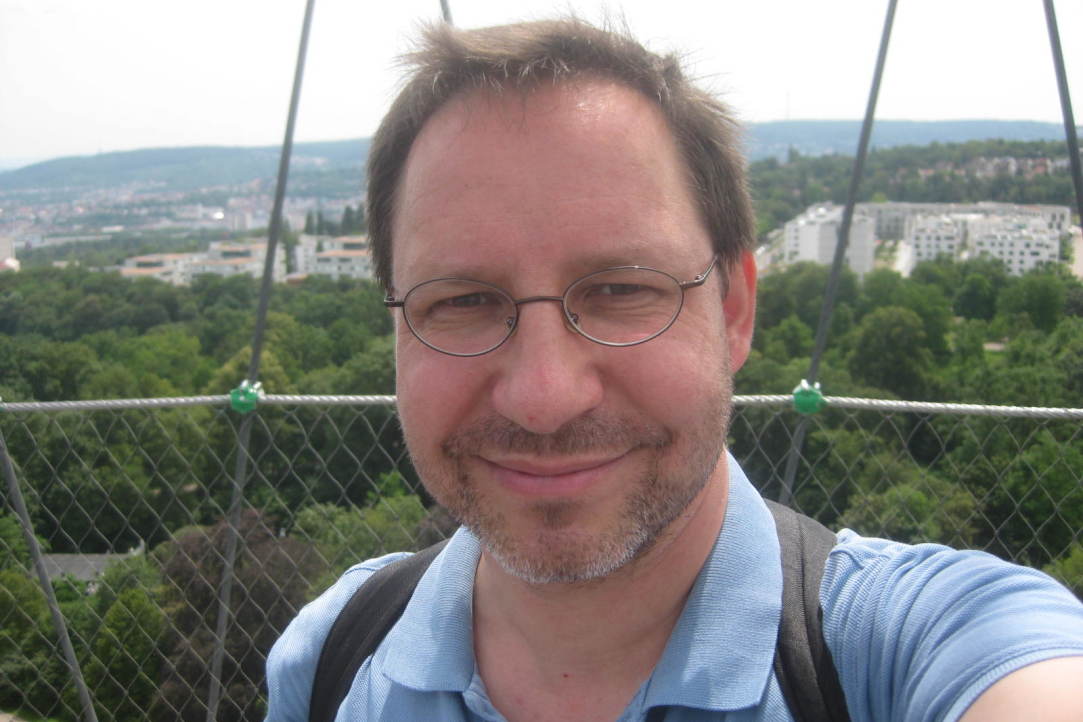‘I Take Every Critical Comment Seriously and Try to Address It in My Future Teaching’

Every year, HSE University students and recent graduates vote for their Best Teachers. Among the winners of this year’s vote was Martin Beisswenger, Assistant Professor at the School of History at the HSE University Faculty of Humanities. In the latest in our series of interviews with this year’s Best Teachers, we spoke to Martin about the significance of winning the competition, building a balanced curriculum, and how to respond to criticism.
The Importance of the Competition
It it of course a great honor and satisfaction to be repeatedly voted ‘Best Teacher’ by my students. At the same time, it is a responsibility to keep the level of my courses high and also a strong motivation to improve my teaching even further.
Student feedback is essential to successful teaching. Often, students give me personal feedback about what they like about my courses or what they are missing. But these personal communications need to be supplemented by the option for students to give their critical feedback anonymously. It's great that HSE University is offering such an opportunity for students.
The Best Teachers of HSE University Competition gives students a chance to nominate their favourite teachers of the year and leave feedback alongside their compulsory Teaching Quality Assessments. Each student can nominate up to two lecturers and two workshop supervisors. Recent graduates and doctoral students can vote as part of their respective monitoring programmes. The best academic supervisors are also named based on the results of the Student Research Paper Competition.
Keeping Students Engaged
All the courses that I am currently teaching are required courses. This means that all students have to attend them, regardless if they are initially interested in the topics or not. It's quite possible and even understandable that a student specialising in medieval archeology is not necessarily highly interested in the political history of the twentieth-century world.
The challenge for me is to engage as many students as possible in our lectures and seminars regardless of their actual historical specialisation
Additionally, I have to find a balance between teaching historical facts, such as key events, people etc, and more general historiographical debates on a more abstract level. Obviously, the latter is not possible without the former. At the same time, however, I should also keep the readings for our course (all of which are in English only) within reasonable limits to make sure that the vast majority of students are able to actually study and understand these documents and research literature. Ultimately, this means making certain compromises and accepting that some students may be underwhelmed, but I think it is important to involve as many students as possible. I usually explain this situation to my students in advance and so far, it seems to me, this has worked rather well.
The Value of Criticism
It's crucial that teachers do not take critical student comments personally. Nobody is perfect—neither students nor teachers
And as I described above, there are always some students who enjoy a given course less than others. I do take every critical comment seriously and honestly try to address it in my future teaching as much as possible. I have adjusted my syllabus several times, adding new topics that students were interested in and removing others that seem to have lost their contemporary relevance. And I will continue to develop the particular topics of my course in critical conversations with my students.
The full list of this year’s Best Teachers is available on the competition website.
Martin Beisswenger
Associate Professor, School of History

